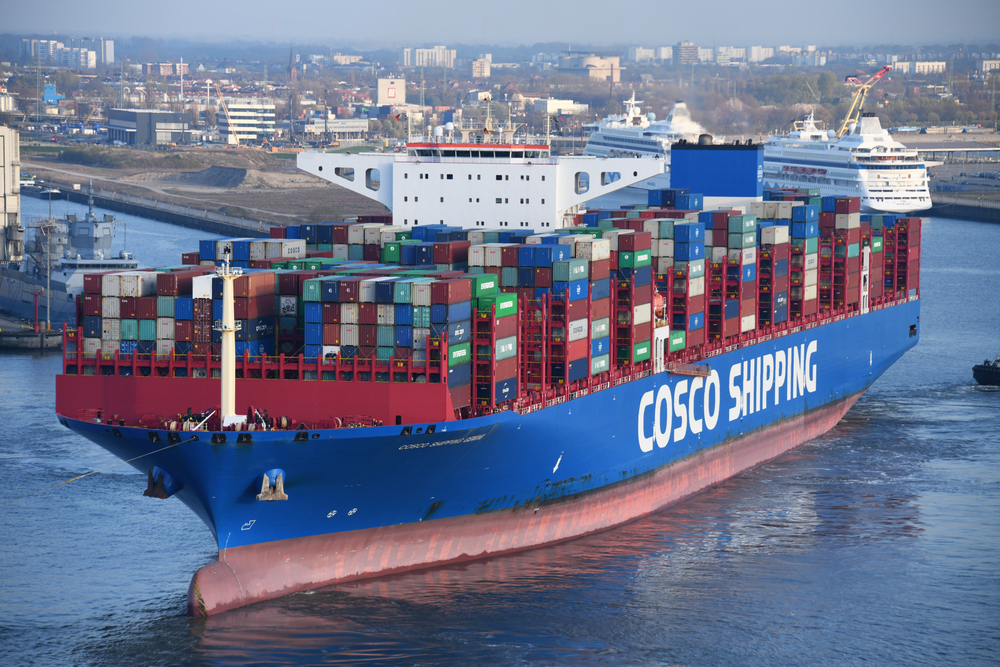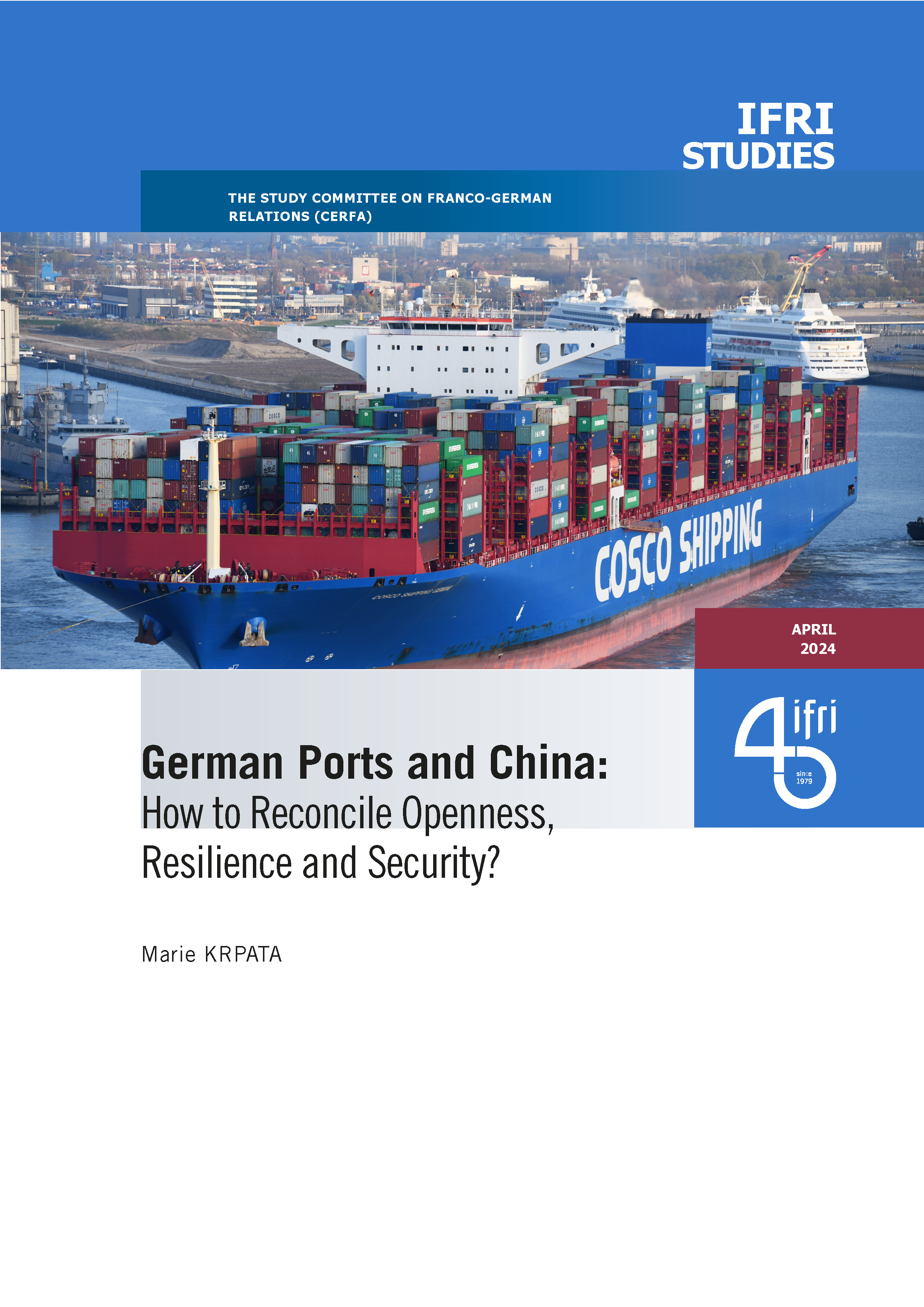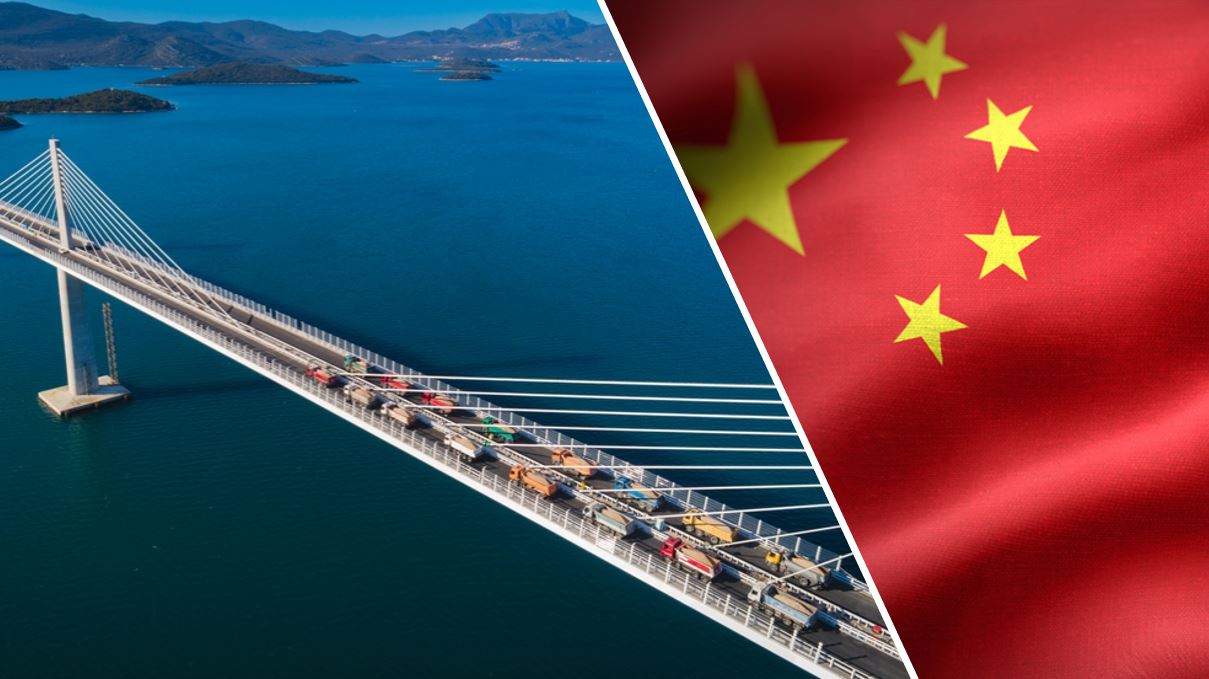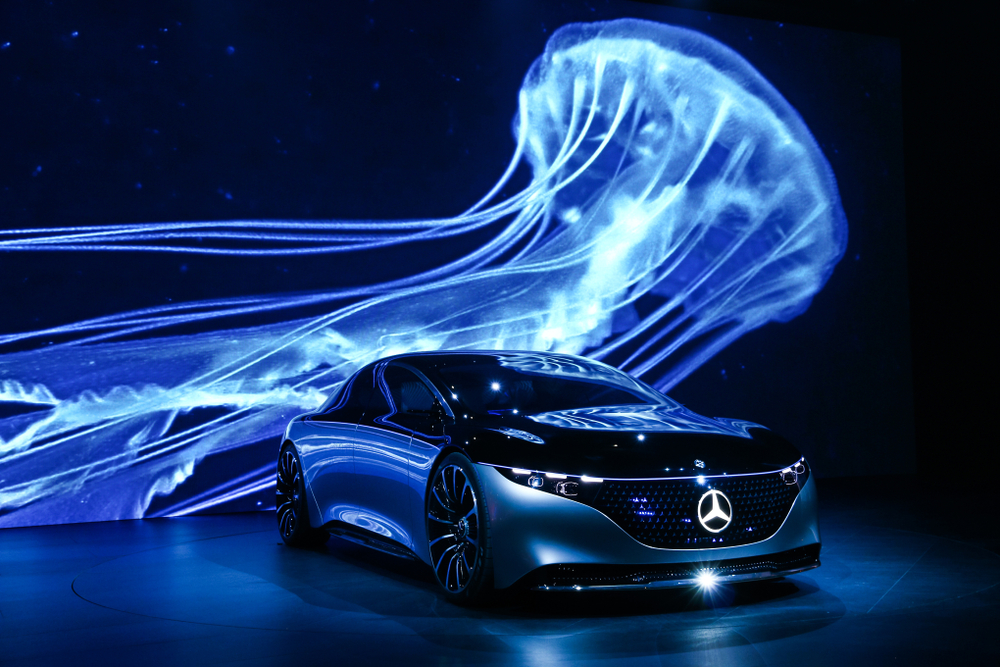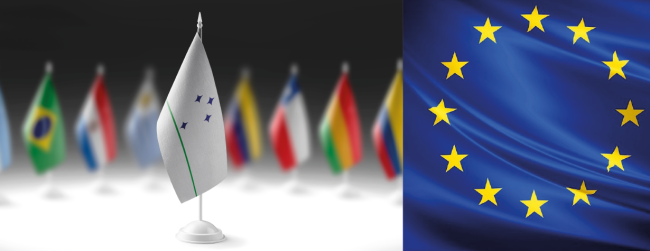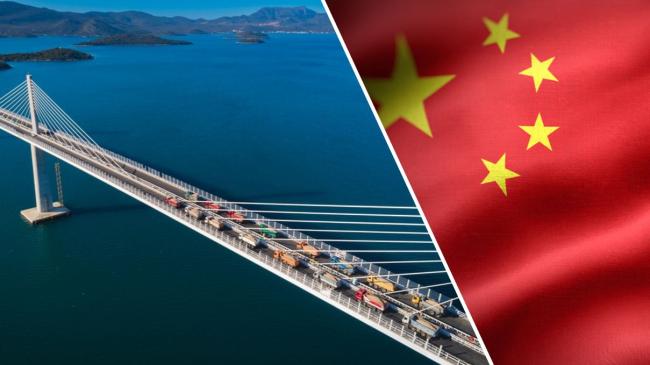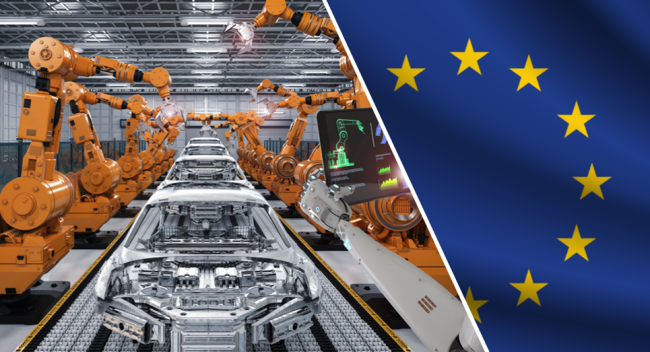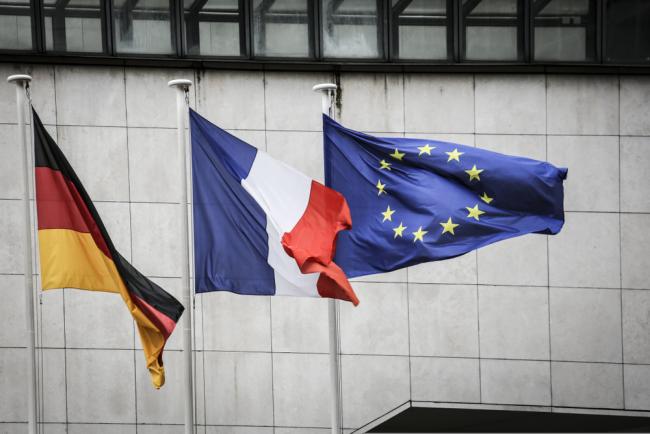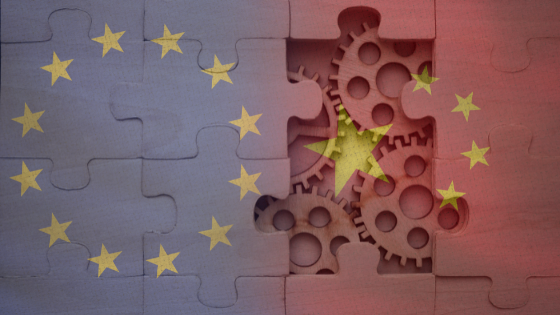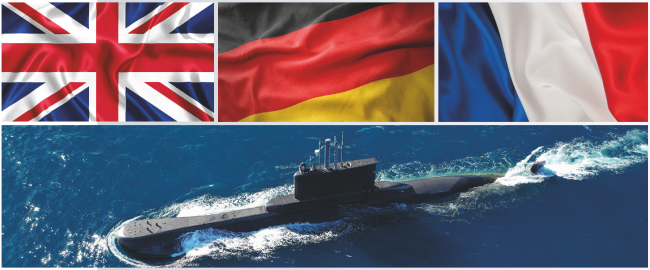
Prénom de l'expert
Marie
Nom de l'expert
KRPATA
Research Fellow, Study Committee on Franco-German Relations (Cerfa), Ifri
Research Areas:
- Germany-China and EU-China relations
- EU international relations
- The EU and its neighbors, the architecture of security, EU enlargement
- Multilateralism
- Industrial policy

The Study Committee on Franco-German Relations (Cerfa)
View moreMarie Krpata is a researcher at the Study Committee on Franco-German Relations (Cerfa) at Ifri, where she works in particular on the European Union and the foreign policy of France and Germany.
A lawyer and political scientist by training, her career has taken her to Austria, France and Germany. Before joining Cerfa in September 2020, she worked in non-governmental and international organizations and as a consultant.
See more









